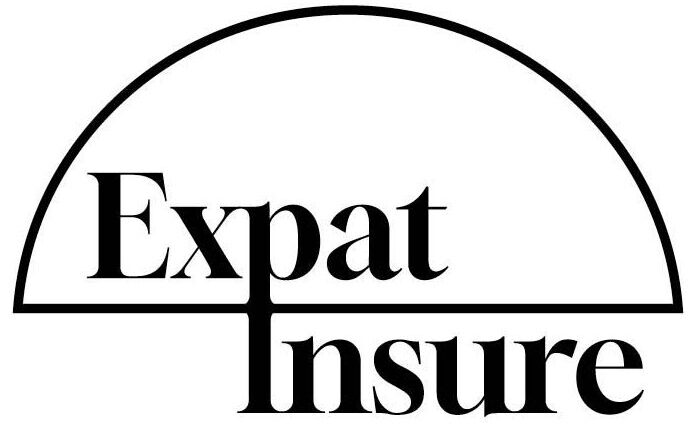Relocating to Germany is exciting, but understanding the healthcare system—and securing the right insurance—is essential. Germany’s system combines public statutory insurance and private plans, so expats must know their options and obligations.
Overview of German Healthcare
Germany offers a dual system:
-
Public insurance (GKV): Mandatory for employees earning below a set income.
-
Private insurance (PKV): Available to higher earners and the self-employed, offering shorter waits and more flexible coverage.
Your choice depends on employment type, income, and residency status. Comparison sites can help you evaluate private providers and costs.

Most employees must enroll if their income is below the threshold. Contributions are shared by employer and employee through payroll deductions. Coverage includes a broad range of medical services.
Private Insurance
If you earn above the current income threshold (€66,600 in 2023) or are self-employed, private insurance is an option. It typically provides faster appointments and customizable benefits. When choosing a plan, consider:
- Coverage scope: Hospitalization, outpatient, dental, and mental health.
- Pre-existing conditions: Possible waiting periods or surcharges.
- Cost sharing: Deductibles, co-pays, and out-of-pocket limits.
- Portability: International coverage for frequent travelers.
- Language support: Access to English-speaking doctors and services.
Insurance for Visa and Residency
Health insurance that meets German requirements is mandatory for visas and residence permits. Check the German embassy website for details.
Getting Started After Arrival
-
 Determine eligibility: Employees below the income threshold must join public insurance; others may choose private.
Determine eligibility: Employees below the income threshold must join public insurance; others may choose private.- Select a provider: Public enrollees register with a Krankenkasse; private users compare offers and sign up directly.
- Obtain your health card: The Gesundheitskarte is required at appointments.
- Register with a general practitioner (Hausarzt): Your first contact for care and specialist referrals.
- Understand costs: Learn about co-payments, reimbursements, and prescription procedures.
By following these steps, expats can secure comprehensive coverage and confidently navigate Germany’s healthcare system.
For expats moving to Germany, having health insurance is also a legal requirement for obtaining a visa and residency permit. The insurance plan must meet specific criteria set by German authorities. For more details, a good site to visit is the German embassy in the UK.

 Determine eligibility: Employees below the income threshold must join public insurance; others may choose private.
Determine eligibility: Employees below the income threshold must join public insurance; others may choose private.
